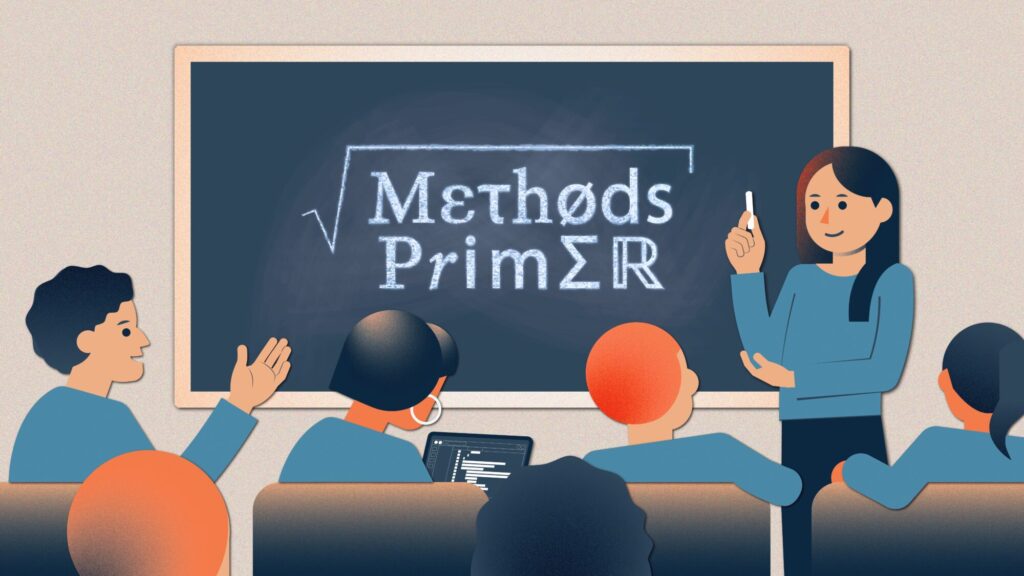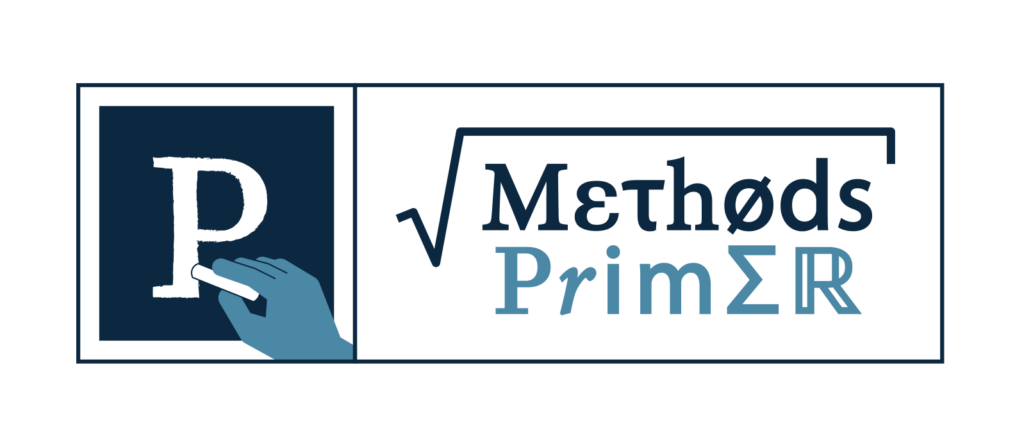About
The department of Computational Biology is organizing a Methods Primer series addressing advanced analytical methods. The meetings are in-person only using a chalk talk format. It aims at being an open forum for both beginners and expert interested in understanding and discussing general principles and fine details of methodologies used in modern biology. It targets anyone on campus with a basic background in mathematics/statistics/algorithmic.
2025 series:
- Friday, Nov the 7th Thibault Lagache. Statistical Analysis of Spatial Relationships in Biological Imaging (1/6)
Keywords: Colocalization, spatial apposition, fluorescence microscopy, super-resolution, Ripley’s function, spatial statistics
Description: The advent of super-resolution microscopy have rendered classical approaches for analyzing molecular proximity in multicolor imaging largely obsolete. In this primer, I will review standard methods for assessing colocalization and introduce object-based analytical frameworks and statistical tools applicable to both conventional and super-resolution microscopy.
- Friday, Nov the 14th Jérôme Cartailler. Statistical modeling and representation of EEG dynamics (2/6)
Keywords: EEG, Gaussian mixture model, representation learning, nonstationary signal analysis
Description: In this primer, I will present statistical and learning methods to model transitions in EEG activity during anesthesia. Gaussian mixture models are used to infer latent states from alpha-band dynamics, and their temporal organization is compared with data-driven representations of brain activity.
- Friday, Nov the 28th Alex Barbier–Chebbah. Multi-armed bandit games for information maximisation (3/6)
Keywords: Bayesian method, exploration–exploitation dilemma, reinforcement learning, physics methods
Description: The multi-armed bandit problem provides a theoretical framework for studying the exploration–exploitation dilemma in decision-making. I will introduce the most widely used settings and some canonical solutions, before exploring alternative approaches based on information maximization and, more broadly, on heuristics inspired by physical principles.
- Friday, Dec the 5th Hervé Perdry. Effect and modelling of assortative mating and vertical cultural transmission (4/6)
Keywords: GWAS, linear mixed model, population genetics
Description: Assortative mating (i.e. when mates match based on their phenotypic similarity) and vertical cultural transmission from parent to offspring create correlation between phenotypes and between phenotypes and the environment. In this primer I will present methods to model these phenomena and review their consequences on heritability estimates, GWAS results and family designs for genetic studies.
- Friday, Dec the 12th Simon Ferreira & Charles Assaad. Causal inference using cluster graphs (5/6)
Keywords: causal inference; abstractions; cycles
Description: In this primer, we will briefly review graphical methods for causal inference originally developed for Directed Acyclic Graphs (DAGs). We will then show how these tools naturally extend to cluster graphs, an abstraction in which each vertex represents a cluster of variables and, unlike DAGs, may contain cycles.
- Friday, Dec the 19th Jean-Baptiste Masson. Statistical testing in behavioural latent spaces (6/6)
Keywords: causal inference; abstractions; cycles
Description: In this primer, I will discuss defining behavior phenotype as a distribution in learned latent space. I will show how to perform robust statistical tests (frequentist) in that space to compare behavioral phenotypes in different sensory paradigm. I will then discuss comparison in short time scales and extend to longer time scales with Bayesian statistical testing.






